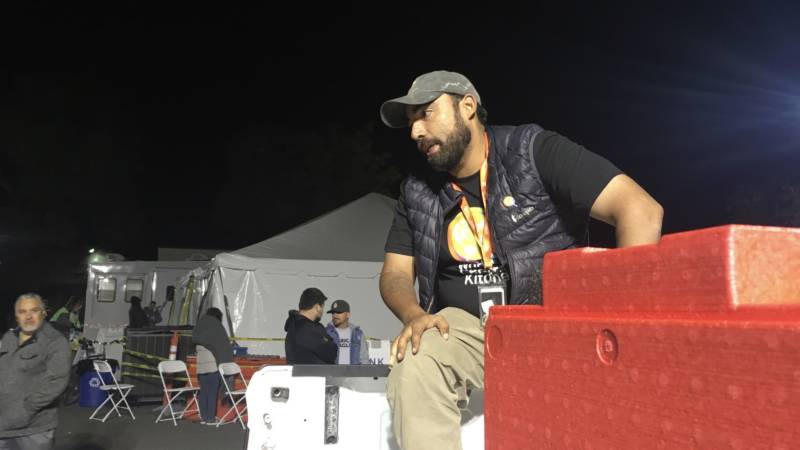News flash: Not everybody professing to be operating from a place of goodness is telling the truth. Some of the people and organizations that say they’re raising money for that cause you’re eager to support are simply lying — or, more often, overstating what they actually do.
And with every disaster — like in Afghanistan, Haiti, New Orleans, and Tahoe — Californians apply thumbs to phones to send money to people and organizations raising money for those in need. Which explains the presence of Assembly Bill 488 on Gov. Gavin Newsom’s desk now, which promises to boost state oversight of charitable fundraising online.
The bill would expand the types of organizations or “platforms” required to register with the attorney general’s Registry of Charitable Trusts. To raise money legally in California, charities of every kind, including those run by a for-profit, commercial enterprise, would have to get on that registry and stay on it, by proving they’re transparently doing what they say they’re doing with your donations.
“It’s really amazing how long it’s gone unregulated,” said Joan Harrington, director of Social Sector Ethics at the Markkula Center for Applied Ethics at the Santa Clara University School of Law. In an earlier life, she was in-house counsel for the London-based nonprofit Save the Children.
She’s speaking hyperbolically, in the sense that there are laws on the books, and the California attorney general’s office has a division dedicated to regulating charities. But the breadth of the field that must be covered is overwhelming, and despite the odd regulatory crackdown, usually following a scandalous news report, Harrington says there isn’t enough oversight from government.

